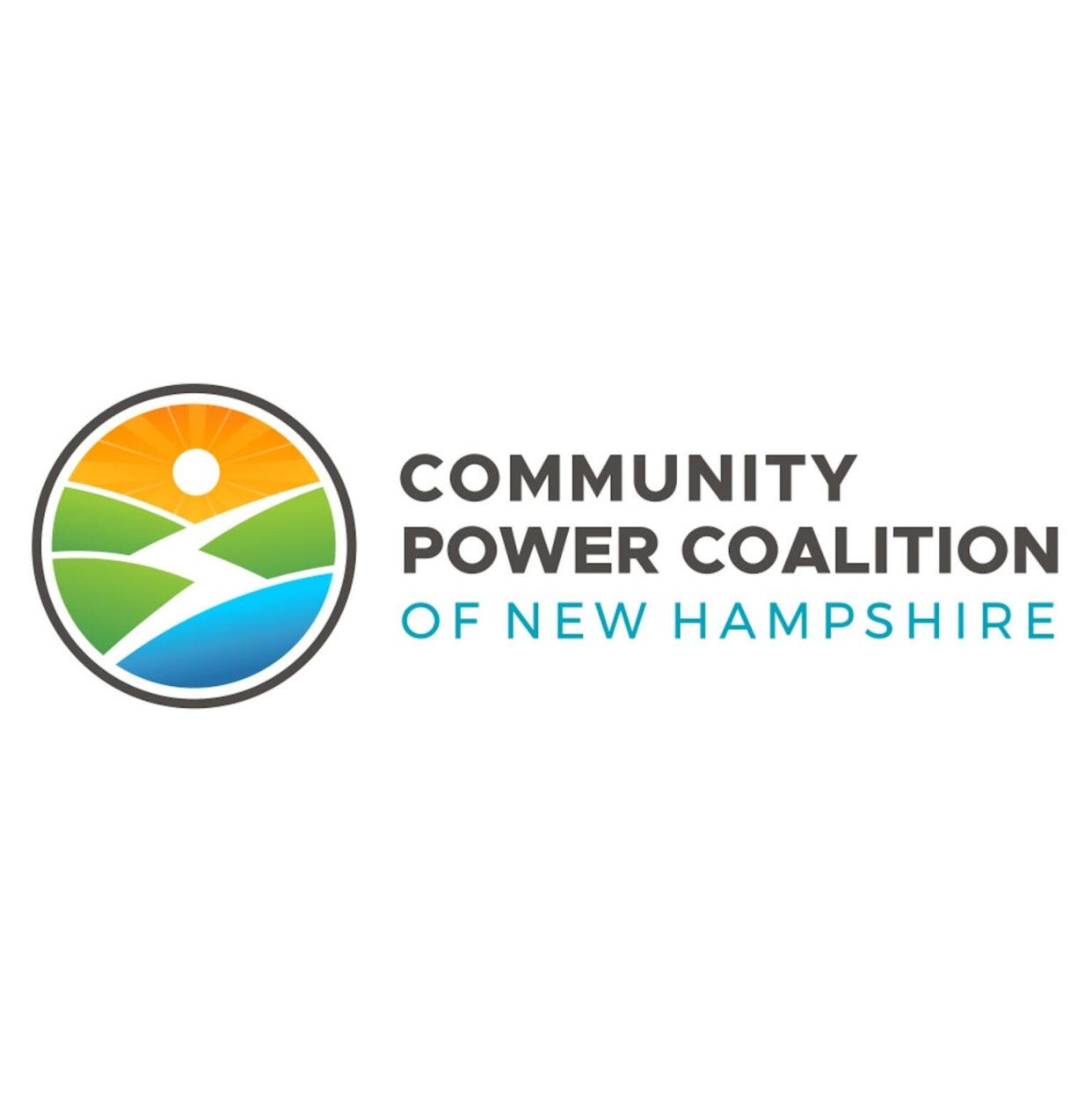NH community power: Rates will be 20-40% less than utility companies

Using a model that’s been called “transformative” for the energy market, the Community Power Coalition of New Hampshire announced this week its initial electricity rate will be 15.8 cents per kilowatt-hour, representing a 20-40% savings compared to the state’s utility companies.
Ten communities will benefit from the new rate starting in May, following a winter season that saw electricity costs at historic highs and percentage increases that reached triple digits.
The CPCNH rate — a 22% savings compared to Eversource’s energy supply rate, and 28 and 39% savings compared to Liberty Utilities and Unitil, respectively — is expected to generate $5.8 million in savings for customers in the first three months alone.
Monday’s announcement at Nashua City Hall marked the official launch of community power in the Granite State. Enabled by legislation in 2019, the model allows towns and cities to purchase wholesale electric power on behalf of residents and businesses, and provide it at lower prices than the state’s utility companies. It also allows for communities to choose more renewable energy, beyond what utility companies are required to provide through the renewable portfolio state statute.
Thirty communities have voted to join the Community Power Coalition, a nonprofit joint powers agency that’s open to all cities, towns, and counties. It’s a win for both affordability and renewable energy, coalition representatives say.

“Innovation is central to the mission of community power,” said Clifton Below, CPCNH board chair. “Our coalition power agency is equipped to build community-scale renewable energy projects that directly benefit our cities and towns for the long term, and to push other innovations that empower customers with distributed energy resources.”
The first wave of communities implementing community power includes Enfield, Exeter, Hanover, Harrisville, Lebanon, Nashua, Peterborough, Plainfield, Rye, and Walpole. Starting in May, the coalition will take over as the default electricity provider in these cities and towns, boosting local control over where power is sourced from.
Portsmouth, Dover, Durham and Newmarket are additional Seacoast communities set to implement community power.
More:Portsmouth Community Power hopes to save you money on electric bills: How it will work
Previous story:Dover joins NH Community Power to help residents save money on electricity: What to expect
Lisa Sweet, Rye’s representative on the CPCNH governance board, said community power is about more than short-term savings. It “allows us to build reserve funds controlled by our local communities — not out-of-state, for-profit corporations — and decide how those funds are spent and to counter future market volatility and invest back into our local communities,” she said.
More local news:Police chief decided to leave job after North Hampton leaders investigated officer
Under the model, customers will still receive their bills directly from utility companies, which will continue to deliver the power and handle billing.
Separate from the coalition, in Keene, a city-operated group purchasing program called Keene Community Power will pool the electric use of residents, businesses, nonprofits, and property owners to provide competitively priced electricity options. All customers eligible for automatic enrollment are expected to receive a notification letter in April.
This story was originally published by New Hampshire Bulletin.
This article originally appeared on Portsmouth Herald: NH community power: Rates will be 20-40% less than utility companies

